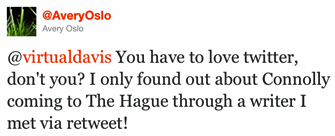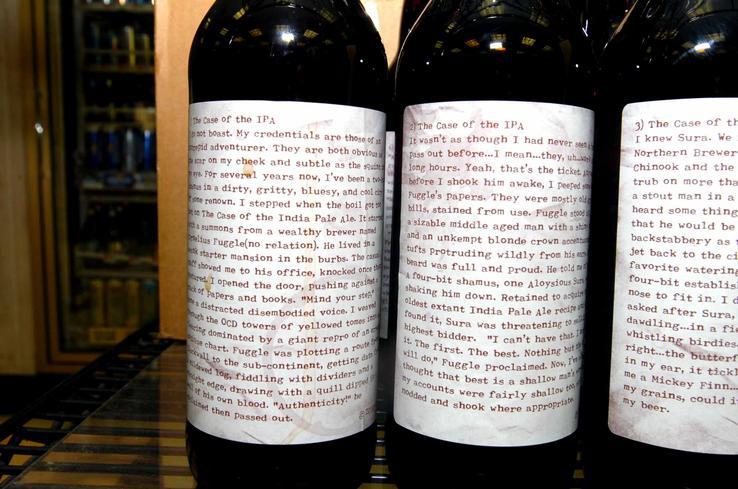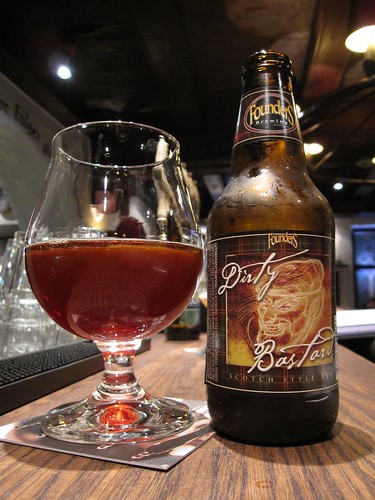Writer’s Digest Conference 2011, Part #4
Yesterday afternoon at Writer’s Digest Conference 2011 was a game-changer for most participants, indeed for everyone that I’ve spoken to so far. Top notch presenters packing our heads and To Do lists with critical advice. And then the much anticipated opportunity to pitch our manuscripts to multiple literary agents while the coaching is still fresh. Exhilarating, empowering, humbling, encouraging, exhausting…
It was an intense two hours. Personally, the Pitch Slam offered some of the most important feedback and inspiration in my writing experience. Smart, attentive agents telling me what I can do, must do, will do. A road map. And opportunities. Whether or not agents expressed interest in your manuscript, their feedback was priceless. An opportunity to learn how to proceed.
I had fascinating conversations with other writers last night about what they gained from the experience. Even those who were disappointed not to have received as much interest as they’d hoped were grateful for the guidance and feedback they received. Many others were practically giddy with fresh encouragement and hope kindled by the interest of literary agents.
The positive vibe continued this morning, the final day of Writer’s Digest Conference 2011. Here are the offerings:
- How to Use Social Media to Get Noticed and Sell Your Work: Dan Blank, Brent Sampson, Kate Rados, Moriah Jovan, and Guy Gonzalez as moderator on a panel on using social media effectively to build your platform
- Writers and Mobile Apps: The Big Opportunity: Question of the Day creator Al Katkowsky on the mobile app opportunity for writers.
- Showing & Telling: The old adage, “Show, don’t tell” is wrong. Find out why from an experienced novelist, Laurie Alberts.
- The Kindle Publishing Workshop: This is a detailed and technical walk-through of how to get your work on the Kindle (without a publisher) presented by April Hamilton.
- Book or Bestseller: Which Will You Choose?: Patricia V. Davis on working with agent, publishers and booksellers to build your writing career.
- The Writer’s Compass: Using Story Maps to Build Better Fiction: Nancy Ellen Dodd on story mapping.
- Revision: Learn How to Love It: Only James Scott Bell could turn a thing that most writers hate into something that you can attack with confidence—and yes, even a bit of love.
- Successfully Promoting Your Book: Kevin Smokler, Brent Sampson, Kate Rados as moderator present this panel full of personality, wit, and damn good advice.
- Success Strategies and Systems for Writing & Selling More: The lovely and inspiring (and productive!) Sage Cohen offers 10 ways to exponentially increase the results and rewards of your writing life.
- Creating a Backstory: How and Why It Can Make or Break Your Novel: Hallie Ephron tells us how to use backstory to make a reader care about a character (rather than slow down the story).
- Blogging as a Platform and Publicity Machine: Dan Blank on blogging to build your platform.
- The More Things Change… (Benjamin LeRoy)
What follows is a beta mashup from Sunday morning’s sessions. I’m curating digital artifacts from Twitter, blogs, etc. to tell the digital story of Writer’s Digest Conference 2011, but I’m sure to miss great content. Please tweet me (@virtualDavis) or contact me directly with links to great tweets, blog posts, videos, etc. so that I can add them. Thanks!
http://storify.com/virtualdavis/wdc11sunday
Related articles
- Buzz: Writer’s Digest Conference 2011 (virtualdavis.com)
- Writer’s Digest Conference 2011, Part #1 (virtualdavis.com)
- Writer’s Digest Conference 2011, Part #2 (virtualdavis.com)
- Writer’s Digest Conference 2011, Part #3 (virtualdavis.com)
- My Best Advice for Writers From 2011 (janefriedman.com)
- Writer’s Digest Launches Self-Publishing Division (prweb.com)














